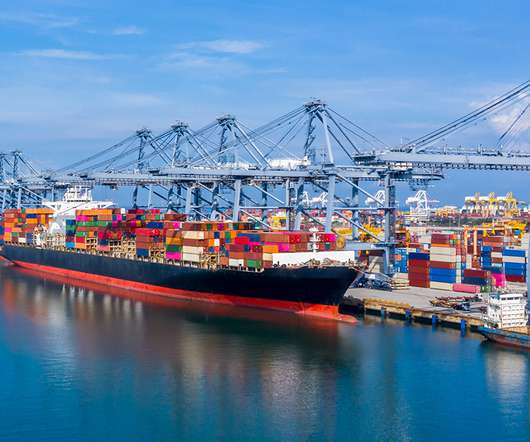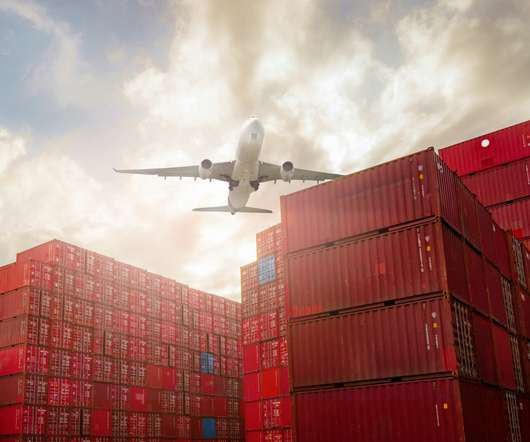Can You Predict Supply Chain Disruptions in an Unpredictable World?
Logility
OCTOBER 18, 2022
Prior to the pandemic, efficiency meant just-in-time manufacturing, but disruptions exposed the flaw in this approach. COVID-19 didn’t start it all, but it certainly exacerbated serious supply chain disruptions that emerged during the trade wars in 2018 and 2019. Then came Russia’s invasion of Ukraine.
















Let's personalize your content